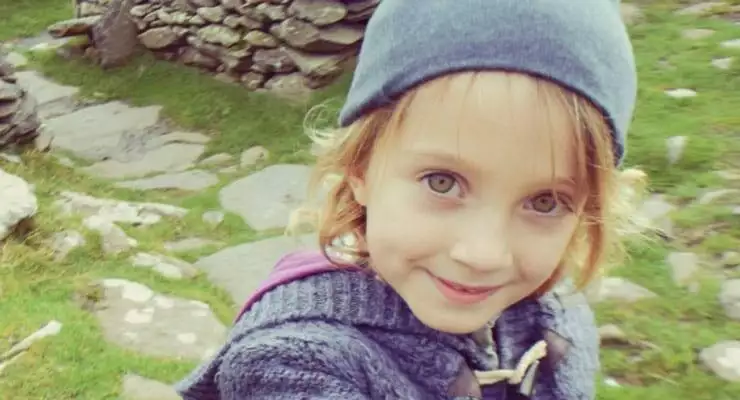This says something about me, and life via social media today overall, that as an alleged “parenting expert” (I can hear my three teenaged kids snickering in the background), I get some awfully fantastic parenting advice via strangers on FaceBook.
Case in point: on Friday, March 4, which coincidentally marked the 19th anniversary of the exact day I became a parent, my magical FaceBook newsfeed, which seems to understand me better than my own mother, delivered this gem: 66 Positive Things to Say to Your Child
Wow! 66?!?!?!
But really, regardless of how many tips you get, the bigger question is how – and how often – to praise kids in the first place. This has become a controversial parenting debate. That the question of the right way to praise kids has become a debate topic is itself ridiculous, but welcome to modern day American parenting.
Parents and experts who believe in the value of blanket praise argue essentially that “you can’t spoil a baby” even if that baby is a college graduate going out on job interviews. The belief is that a profusion of compliments make children feel loved, secure, and appreciated. Unconditional love builds a foundation of lifetime self-esteem that allows recipients to lavish similar kindness and positivity on others. The rationale is that every human is inherently valuable, and kids deserve, and benefit from, praise for being who they are, rather than what they achieve.
Alternatively, other experts claim that frequent, automatic compliments actually harm children’s self- esteem. This is the maligned “every kid gets a trophy” philosophy, also called “trophy inflation” or “trophy fury” by its detractors.
The logic here is simple: humans, even the kid variety, are inherently competitive survivalists who recognize and value hard work, achievement, and talent. Most are thus too crafty to be hoodwinked into believing that losing is as good as winning or that a C+ is as good as an A+, so the blathering, empty compliments spewed by vapid, biased parents undermine adults’ credibility and confuse kids about their true worth. Kids who are vacuous enough to fall for this psychological claptrap end up as spoiled, lazy, entitled pseudo-adults living in Mom and Dad’s basement with a closet full of cheap trophies from their glory days as an eight year old soccer champ.
The latest philosophy, argued all over social media, parenting support groups, and living rooms everywhere, balances these two extremes, defining self-esteem as that glow you get from feeling capable while also feeling loved. Hard work matters, as does perseverance, raw talent, grit, and accomplishment. The idea here is that love can be conditional and unconditional. Kids need both types to build a sturdy armor of self-confidence to go face the challenges of adulthood – or the upcoming 8th grade dance.
So there.
Back to The 66. The sheer number made it hard to resist. So that day, I opened the link. Read all 66. Nodded. Laughed. Felt a warm parenting glow inside. Put a picture of The 66 on my phone for easy reference. Immediately shared The 66 with my best friends and Facebook followers, all fourteen trillion of them.
And every day since then, I have used several of The 66 in conversations with my own three children. At this late stage of parenting, jaded from years of backtalk, arguments over curfew, and the whiplash of negotiating with sweet/surly teenagers, I’m happy to take any and all advice.
I’m thrilled to report the magic of The 66 Positive Things to Say to Your Child. They really, really work. Even on boyfriends, first dates, and the guy at the post office.
I could give you a zillion examples, and the radiance emanating from my children and their increased self-esteem (not to mention increased love and appreciation for me as the best mom ever). But my favorite reaction actually came from another adult. Via Facebook, of course. This man is a friend from high school, a person who I have not seen since high school, but a dude with the kind of nuanced, complicated self-esteem I recognize as the real deal.
He shared my 66 post, and then wrote:
“Posting this to make sure I can easily get back to it. Great words for everyone to hear. Try also telling them to yourself.”
Because we adults need a few trophies, too.





